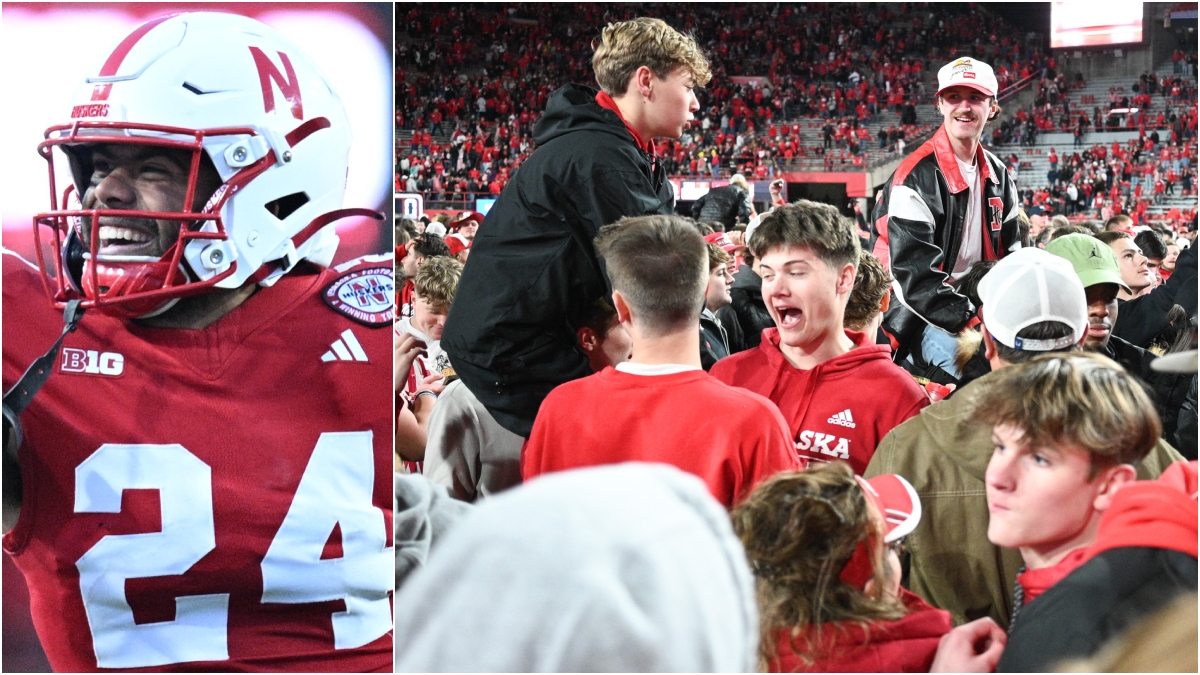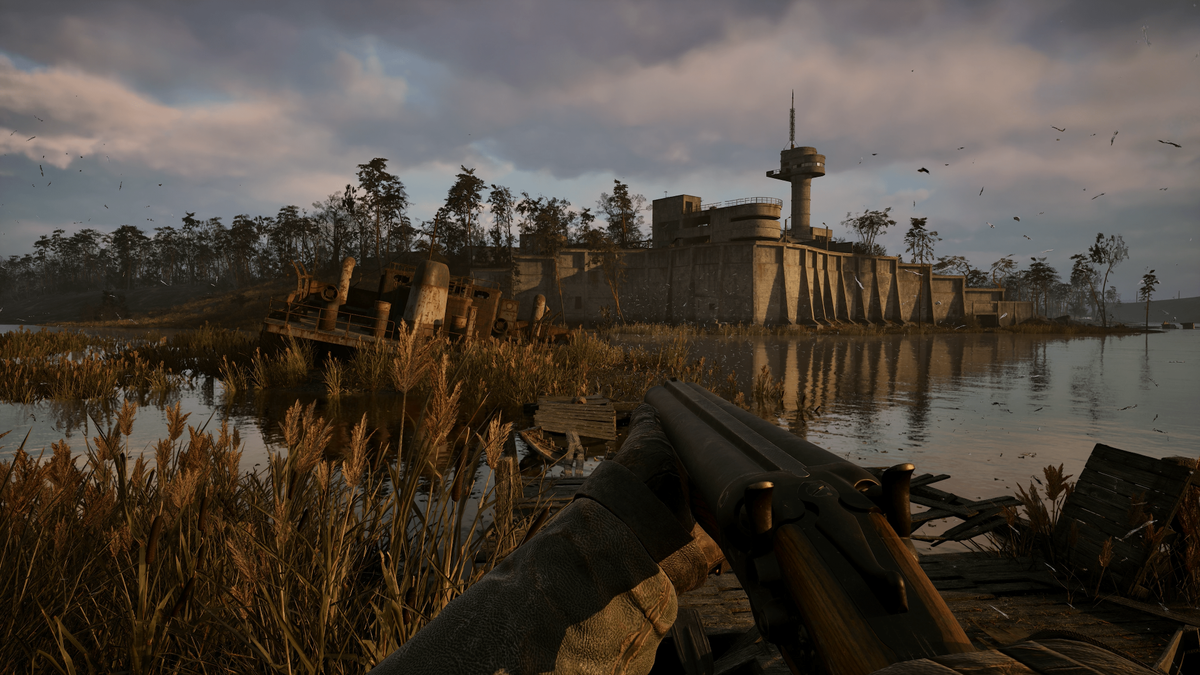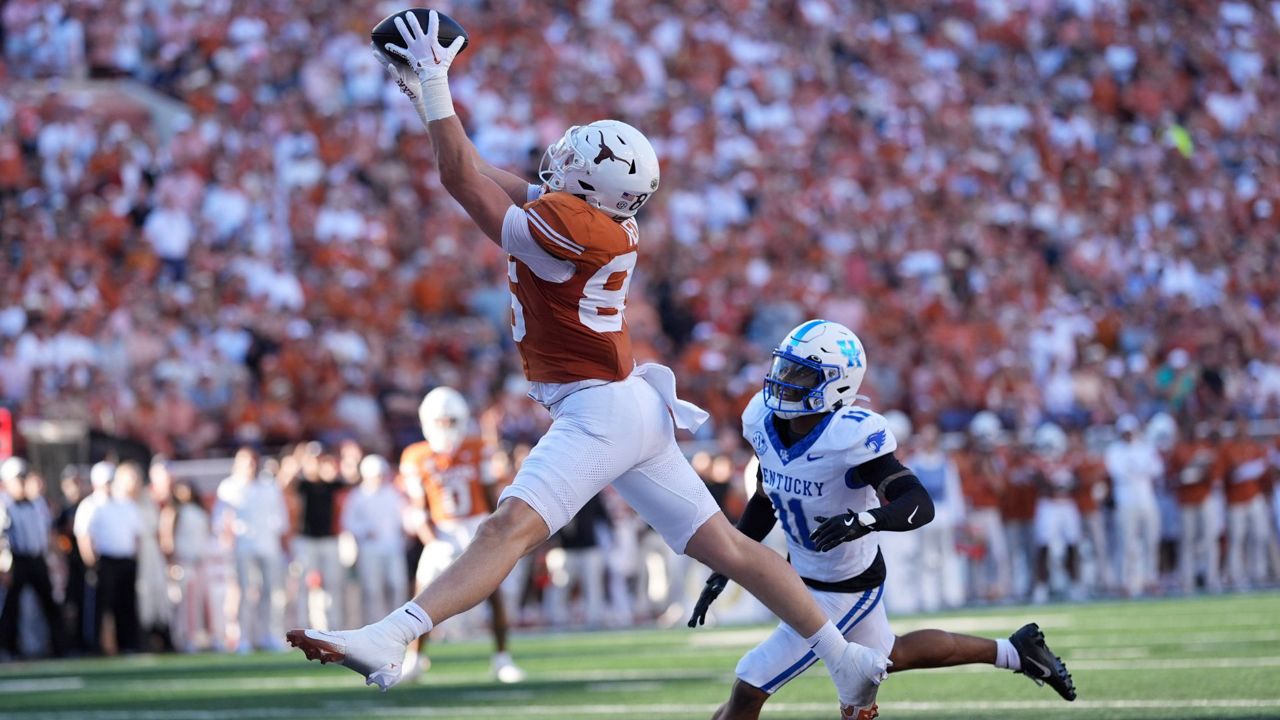Bussiness
Patent Monetization: Doing Business as an NPE | IPWatchdog Unleashed

This week we venture into the world of patent monetization from the viewpoint of a patent owner and non-practicing entity. Our conversation is with Brad Close, a one-time patent prosecution attorney, one-time patent broker, and current patent owner engaged in patent monetization efforts, licensing and, of course, litigation. We start our conversation addressing life as an NPE, and the arguments that are often made against NPEs owning and enforcing patents.
I began by recognizing that a lot of people find being an NPE offensive and they think that patents that are owned by NPEs are scourge. But a critical piece of the puzzle is to recognize that most businesses in America fail, with half of all businesses failing in the first year and close to 90% failing within the first five (5) years. And when you fail it is the American culture to dust yourself off and start over again, but on the way to reinventing yourself you collect your assets, liquidate them, and pay off as much debt and repay as many creditors as possible. And for startups the major asset is the patent portfolio.
“Often you have these sometimes heartbreaking stories of these guys that really had a good invention, really had a good story, and they just get crushed by the competition because they don’t have the infrastructure or the wherewithal to really bring something to market,” Close explained. “They need to recoup their losses; a lot of people need to recoup their losses in cases like that… And if they can’t recoup, they can’t invest again.”
“NPE stands for non-practicing entity—for those that don’t know—it’s a little bit more polite way of saying other things like patent troll,” Close explained. “If you go back to colonial days, they called it patent shark. This isn’t a new system. Now, I personally think that the patent troll term should be used for people really abusing the system.”
After explaining that the economics on the side of infringers is to just wait and pay nothing, delay, and eventually the patent owner will lose or just go away, Close explained that there are always people who will seek to game any system. And those who only see problems with patent owners are not being fair, and those who bemoan patent litigation financing are ignoring the due diligence that goes into funding decisions.
“We start off with our own due diligence,” Close said before going in depth with respect to the due diligence that happens while vetting a patent portfolio.
We will look at portfolios… and without hyperbole, 95% of what we look at, we don’t take it to the next step. So, if we take it to the next step, we commission things like claim charting and prior art searches. We show it to attorneys that we want to work with. The attorneys in general rule of thumb are going to be working on some form of contingency model. So, they give it their complete review.
And often it goes through one or two or even three stages internally to their own law firm to see if they want to work with us on that project. So, you think these are really good assets at this point, right? These are now the 1% of the 1%. Then if we want to work with a litigation financier, they now do the exact same thing. They look through it, fresh set of eyes, no overlap.
Despite the problems facing the industry, Close says he remains bullish. “I’m generally bullish,” Close said cautiously as he referred to the pendulum swinging away from strong patent rights for owners over the last decade. “So, I think that the patent system can only catch up from here because I think we’ve gone as far one way as we’re going to get.”
“And you sometimes hear it thrown around that NPs, patent trolls, they kill innovation. But the opposite is proven to be true,” Close explained. “When you can protect people’s rights and they know that they can get some money for their assets, you do better. And it’s like the property market. Are you only allowed to own property only if you agree to live on and farm your own property? Could you imagine what that would do to the property market if that was the metric?”
To hear more, please visit our podcast website on Buzzsprout, or listen to the episode on your favorite platform.










